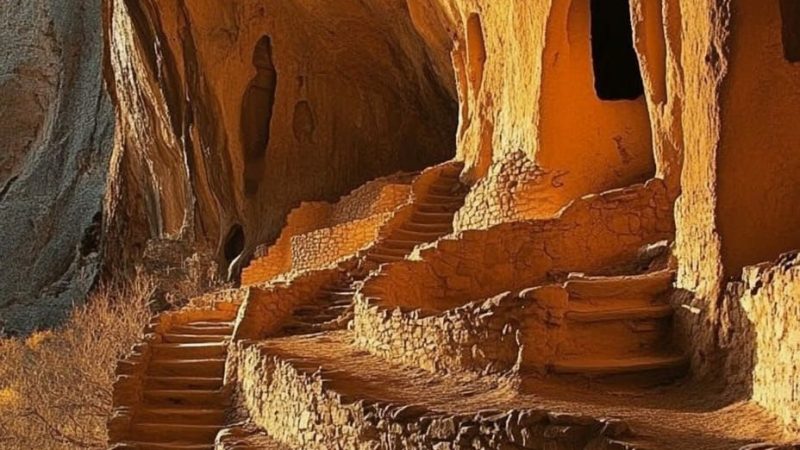

While the idea of a glass-covered beach may initially sound hazardous, this unique destination has become a beloved attraction for tourists worldwide. Over decades of being buffeted by the waves, the glass fragments have transformed into smooth, polished pebbles, creating a sparkling and harmless spectacle.

This glass beach, affectionately known as “steklyashka,” is situated near Vladivostok, a charming Russian city. It is home to millions of colorful stones, each crafted from discarded glass items of yesteryears, including crockery, beer bottles, wine bottles, vodka bottles, and used glass jars. In its history, this place served as a dumping ground for glass waste during the Soviet era and was subsequently closed off by the Russian government due to safety concerns related to sharp glass shards.


Visitors are greeted by an artistic panorama of glistening glass stones that come alive in the sunlight, creating a breathtaking visual spectacle. During the summer months, thousands of tourists flock to the beach daily to soak up the sun and marvel at the stunning glass gems. It’s a moment of relaxation and wonder as they witness nature’s transformation of discarded materials into a natural masterpiece.

In the winter, when the beach is blanketed in pristine snow, Steklyashka is arguably at its most enchanting. The vibrant glass beads stand out against the pure white backdrop, leading some to jest that this natural beauty is Mother Nature’s way of rectifying human errors.
Accessible by a 30-minute car ride from Vladivostok city, the glass beach offers a magical experience, drawing visitors from far and wide. Many tourists collect these sparkling crystals as souvenirs, but as the quantity of rocks diminishes, the beach’s splendor fades.
Unfortunately, the wear and tear of time and nature have caused the glass beads to lose their original vibrant colors and decrease in size. Scientists predict that Ussuri Bay’s glass beach may vanish in the not-so-distant future. Therefore, it is crucial to institute conservation efforts to protect this unique landscape from both human and environmental harm. Authorities in Russia have issued reminders not to remove glass stones from the coast, and local governments are implementing protective measures and policies.
The glass beach’s allure has earned it various endearing names such as “crystal beach” and “mirror beach” among tourists, all striving to capture its breathtaking beauty in words. The beauty of this bay is, indeed, beyond description—a testament to nature’s capacity to turn the forgotten remnants of human consumption into a mesmerizing work of art.



